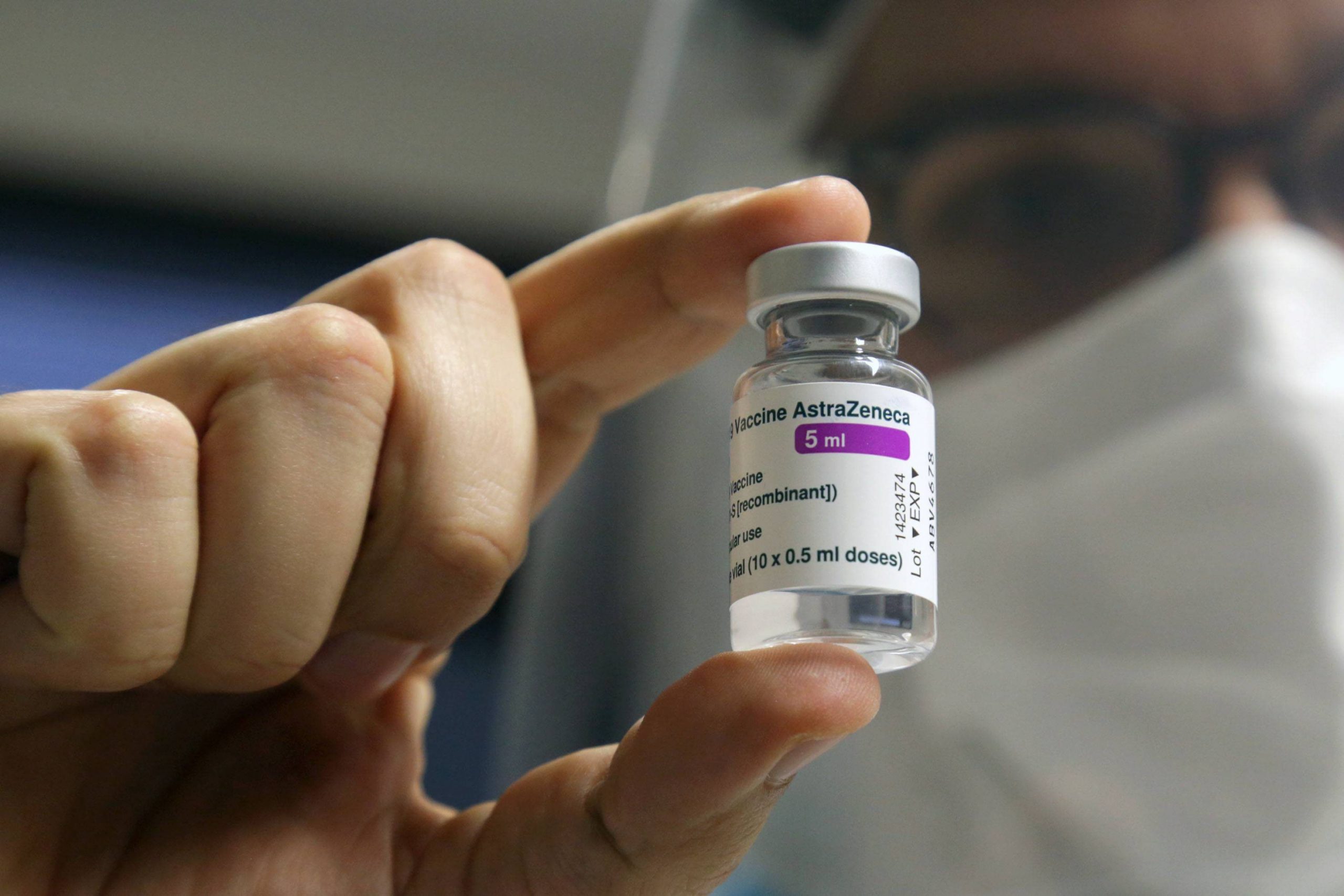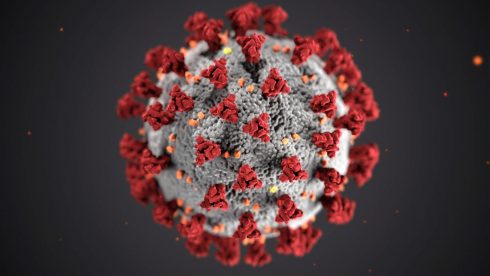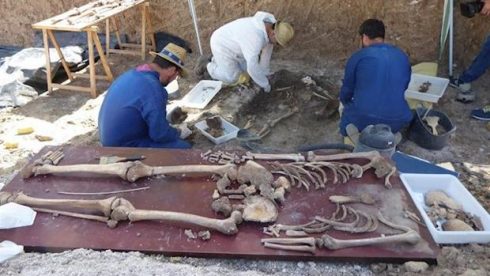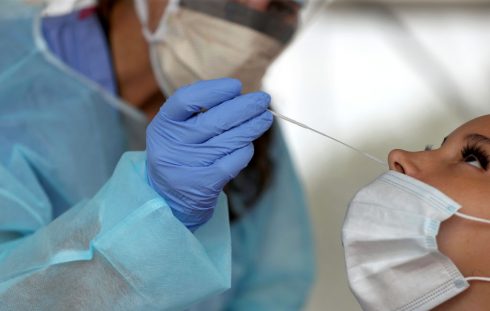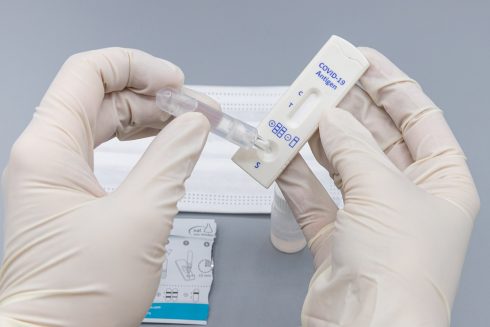THE rollout in Spain of the American produced Janssen vaccine, developed by Johnson & Johnson has been halted as researchers study potential blood clot dangers.
The recall was announced by US Federal Medical authorities after six cases were discovered during the American rollout, one of which proving fatal.
“Out of an abundance of caution, the CDC and FDA have recommended a pause in the use of our vaccine,” read a statement from Johnson & Johnson.
“In addition, we have been reviewing these cases with European health authorities. We have made the decision to proactively delay the rollout of our vaccine in Europe.”
Spain received 146,000 doses of the Janssen vaccine yesterday and they will remain in storage until results of the study emerge and they receive confirmation from the European Medicines Agency (EMA) that they are safe to use.
The news comes as the Anglo-Swedish AstraZeneca vaccine has recently been brought back into distribution after similar concerns were found among recipients, leading to amendments in the target age groups targeted.
Andalucian health authorities have called the suspension a ‘disappointment’ but ensure that between the Pfizer and Moderna vaccines the region will still be on target to vaccinate 70% of the population by September.
The main selling point of the Janssen vaccine was the ability to be immunised by a single injection, a factor that would significantly peed up the rollout program.
However, compared to the 2.7 million current doses from other manufacturers, the 300,000 Janssen doses mark a minor hurdle in the vaccination plan.
As a precaution, authorities are investigating amending the second dose spacing to limit the possible delays of the Janssen vaccine returning to circulation.
Current guidelines permit 21 days in the case of the Pfizer and 28 days in the case of the Moderna vaccines.
However new proposals will focus on aiming to get as many people with the first injection as possible, hopefully avoiding shortage complications.
The idea will be discussed between the Ministry of Health and the Public Health Commission this week.
Regional authorities will also be aiming to cover their backs after the EU has announced that it will not be renewing its contracts with Janssen and AstraZeneca according to media sources citing the Italian Ministry of Health.
Remaining stocks, as with Spain, will be distributed once the hold has been lifted, but scientific research will now change tack to focus on the fighting of the mRNA protein that has been found to be one of the main driving forces behind coronavirus.
The reintroduction of the AstraZeneca vaccine into Spain on confirmation of its operational safety also comes as scientists have found the potential cause of the linked blood clots in rare cases.
Scientists from a German Research Foundation have collected data from all the known cases of thrombosis linked to the Oxford vaccine and found that all patients had antibodies against a specific FP4 protein and a platelet deficiency in their blood.
The German study, in conjunction with the University of Norway, studied over a dozen cases of thrombosis after receiving the jab in patients that were predominantly female and between 32 and 54 years of age.
“Whilst the Astra Zeneca vaccine may lead to the rare development of immune thrombosis mediated by platelet activating antibodies against FP4, such cases are extremely rare.” said a statement from the University of Oslo.
READ ALSO:
- Spain’s Antequera Hospital to test Pfizer vaccine on children and pregnant women
- Pedro Sanchez says Johnson & Johnson COVID-19 vaccine delay will not derail 70% of Spain being jabbed by late…

